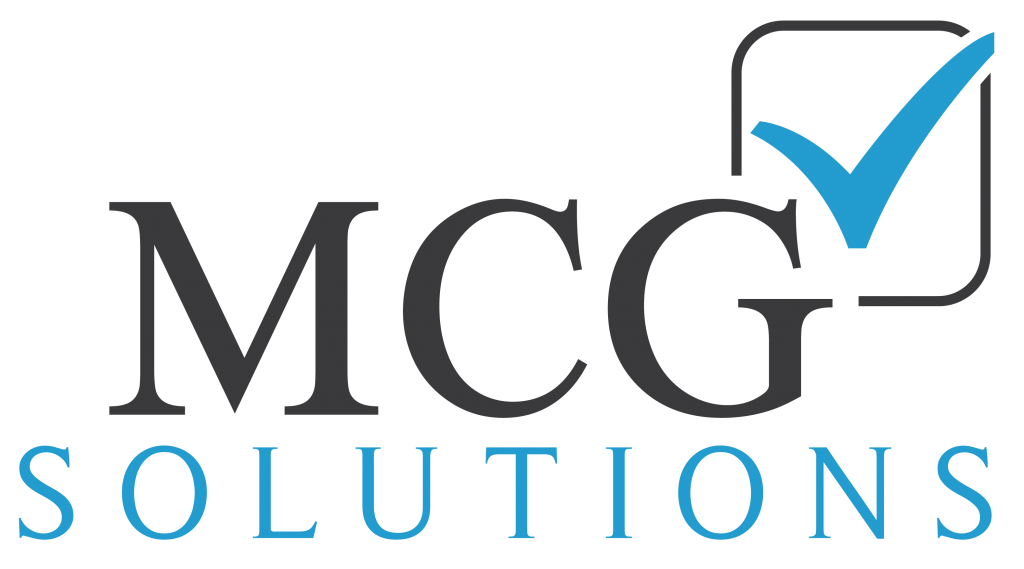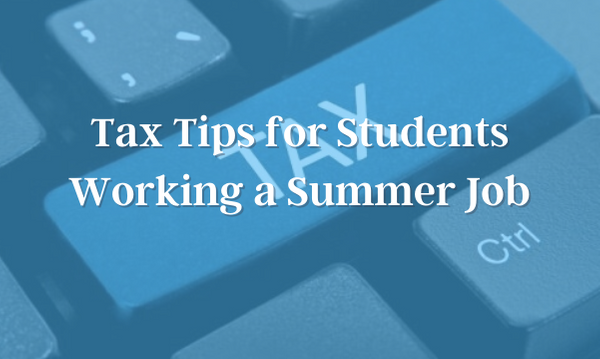JobSummer has finally arrived, and with it comes opportunities for seasonal work, including for students who will work a job over the summer while they are off from school.
Whether you’re a student working a job ora parent of a student working over the summer, there are some important tax-related considerations for you to keep in mind. Here’s a quick overview.
Learn about dependent rules: If you have a child with a summer job, you might be wondering if you’re able to claim them as a dependent on your tax return. So long as the child is either under the age of 19 or under the age of 24 and a full-time student, they can make any amount of income and still be legally considered a dependent if you provide at least half of their support.
This is highly beneficial for parents, who can stretch out how long they’re able to get that tax break a little longer.
Spend some time thinking about withholdings: The Form W-4 includes information about withholdings for income taxes. If you have multiple summer jobs, it’s a good idea to make sure all employers are withholding the proper amount of taxes to cover income tax liability.
In most cases, students claimed as dependents and who only have income from part-time and summer employment can earn up to the standard deduction amount without being liable for income taxes, but this gets more complicated if the student has investment income as a dependent.
Remember that tips are taxable: For students who work a summer job at a place where they receive tips, it’s important to remember that all income, including tip income, is taxable. Employees are required by federal law to report any tips of more than $20 received while working with any employer in any month. These reports need to be made bythe 10thday of the month after receiving the tips.
And so is cash: There are other types of seasonal jobs meant for students that might pay in cash. However, just because you’re paid in cash and the job is “off the books,” so to speak, does not mean you are free of any tax liability. You’ll need to report any cash earnings, and could be subject to self-employment taxes.
Self-employed workers must pay the combined employee and employer tax amounts themselves. For people paid in cash, the employer is not withholding Social Security and Medicare taxes, so your liability is actually increased in some cases if paid in cash.
Consider working at a family business for tax benefits: Families with family businesses might consider encouraging their children to work there over the summer. If the business is unincorporated and pays wages to any child under 18, that child will not be subject to payroll taxes, because those taxes do not apply to children employed by parents.
For more tips and information about summer jobsand taxes, contact us at MCG Solutions.

